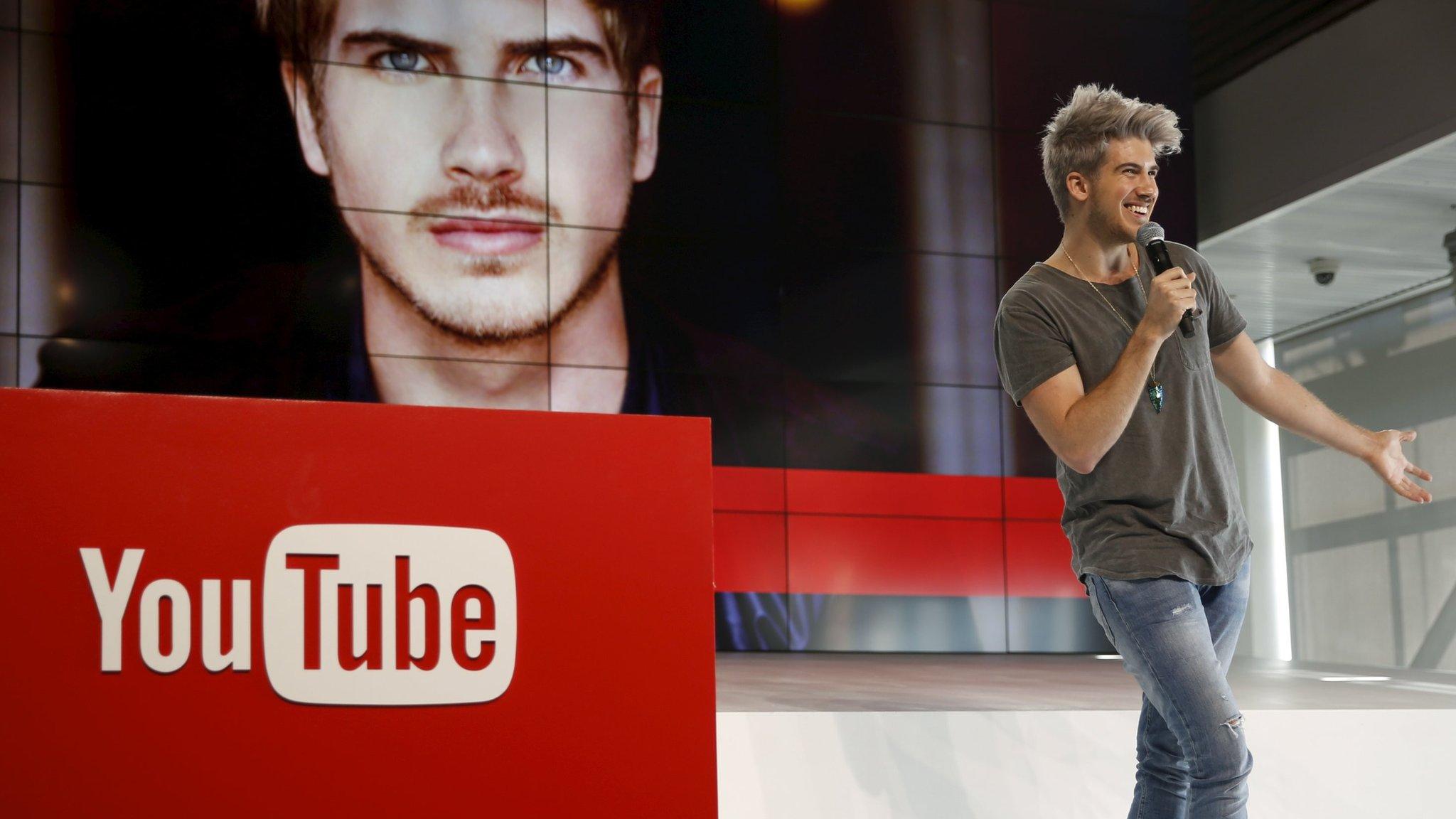YouTube defended in row over music royalties
- Published
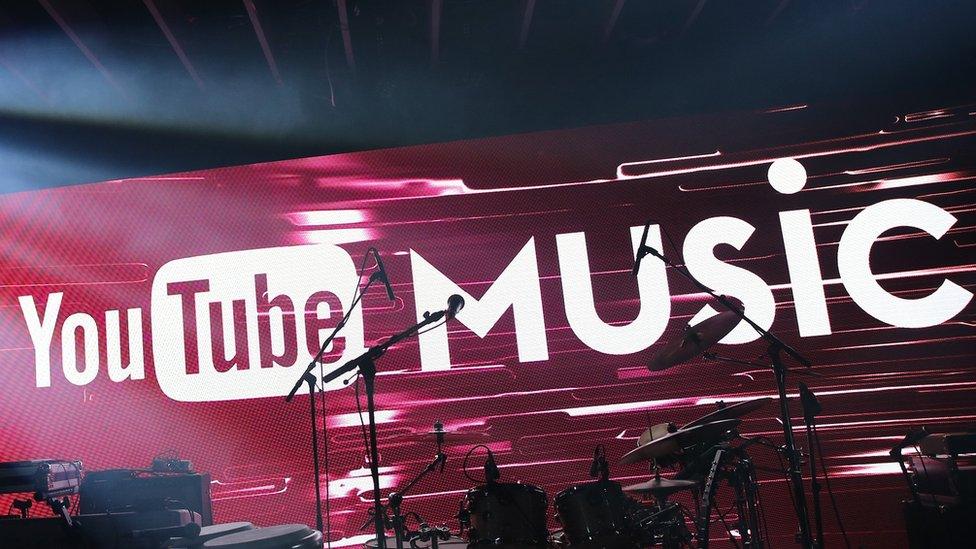
A prominent online video star has defended YouTube in a row over the way the site treats musicians.
The company said it had faced a "chorus of music label representatives and artists" accusing it of "mistreating" songwriters and performers.
Hank Green, a prominent video producer and entrepreneur, said YouTube gave musicians "new revenue streams".
The row comes as the video-sharing website renews its agreements with major record labels.

What has YouTube been accused of?
Prominent voices in the music industry have accused YouTube of paying low royalties for music video streams and turning a blind eye to copyright infringement.
In March, the Recording Industry Association of America said YouTube paid "meagre" royalties when compared to subscription music services such as Apple Music and Spotify.
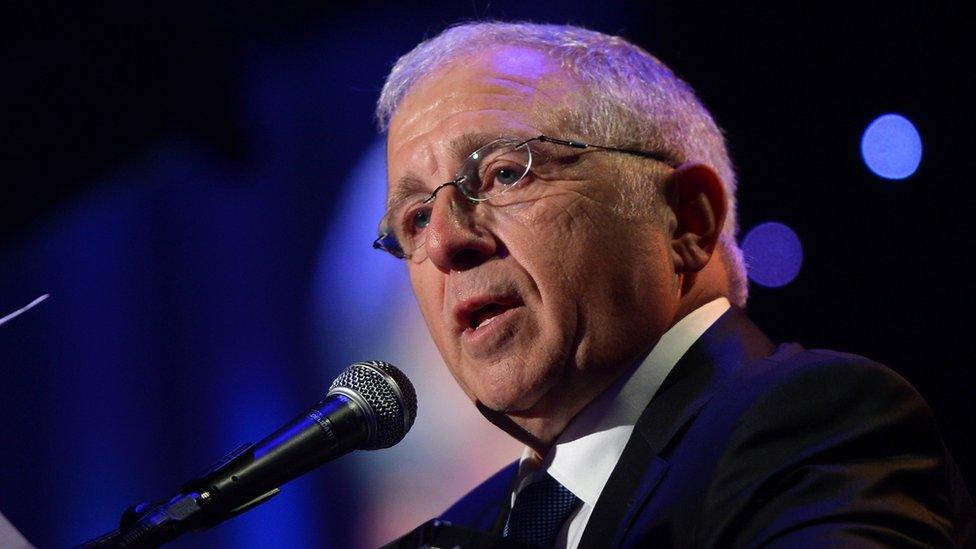
Irving Azoff represents well-known singers
On Monday, music manager Irving Azoff, formerly in charge of Ticketmaster and who now represents artists such as Christina Aguilera, said artists were paid a "pittance" on the advertising-funded site.
In an open letter,, external he said YouTube did not allow musicians to put their tracks behind its YouTube Red pay-wall to earn more revenue.
He also accused YouTube of "hiding behind" a so-called "safe harbour" provision of the Digital Millennium Copyright Act (DMCA), which stops websites being held responsible for copyright infringement by users, in some circumstances.
Trying to keep copyright music off YouTube was "an impossible, expensive game of 'whack-a-mole'," he said.
"When the artist sends a 'take down' it should be a 'stay down'."

What has YouTube said?
YouTube said comparing subscription services to free advertising-funded websites was "like comparing what a cab driver earns from fares to what they earn showing ads in their taxi".
In a blog post,, external the company said it paid "a majority" - more than 50% - of its advertising income to content creators and the music industry.
However, it added that the average YouTube user listened to only one hour of music a month, compared to the 55 hours a month it said Spotify subscribers consumed.
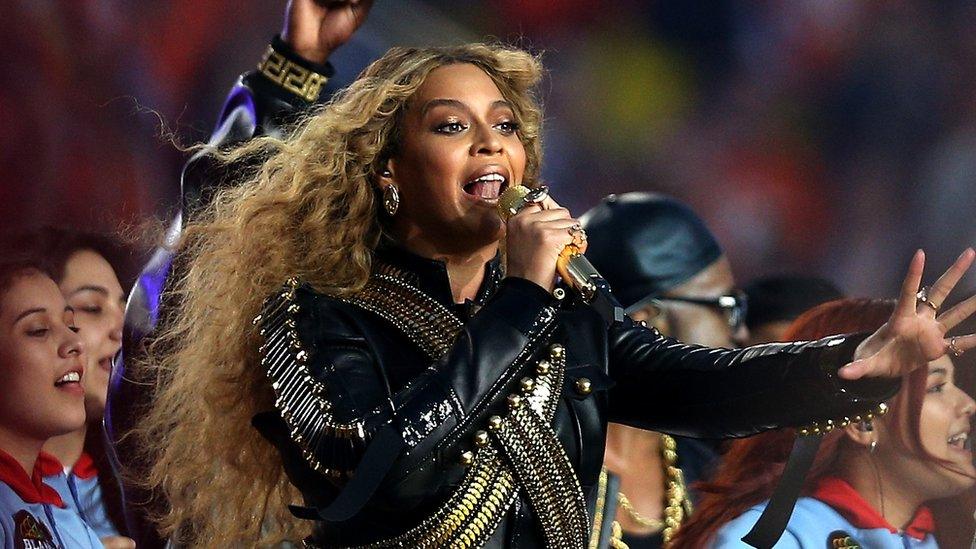
YouTube said visitors consumed an hour of music a month
The company said its Content ID technology could detect when copyright music was uploaded to the website and automatically dealt with 99.5% of copyright claims.
It said record labels had the choice of whether to earn advertising revenue from unauthorised uploads or have them blocked indefinitely, and that half of the $3bn (£2bn) it had paid out to the music industry came from monetising these "unauthorised uploads" by the public.
Income from its subscription service YouTube Red, available in the US, was shared with content creators and musicians in the same way as advertising revenue.
YouTube has been separately criticised by video-makers who say Content ID does not respect the "fair use" of television and film extracts, which is protected by a provision of the DMCA.
It has attempted to address the problem by allowing disputed videos to earn advertising revenue which is kept until the correct copyright holder can be identified.

A mixed reaction
Hank Green, co-founder of the world's biggest online video convention VidCon, described YouTube's Content ID technology as a "win-win" situation for record labels.
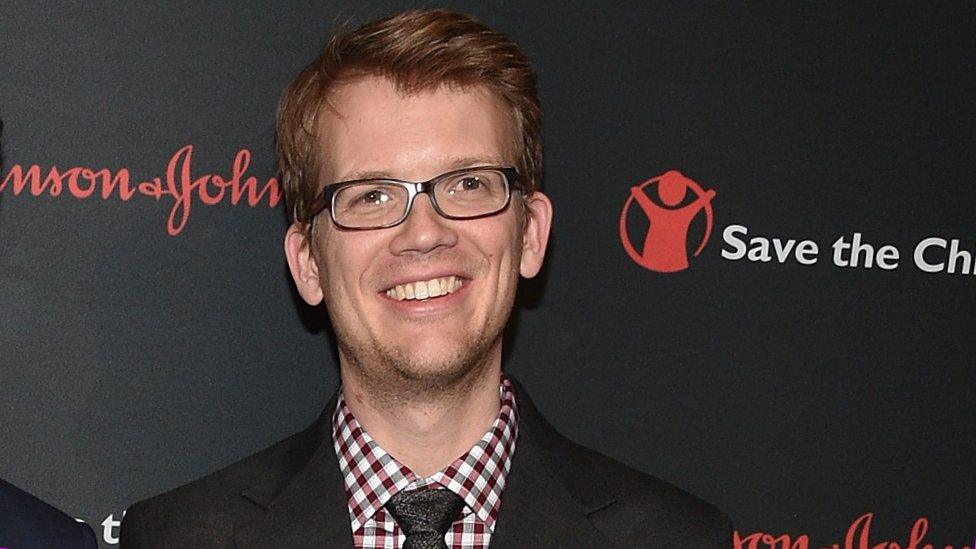
Hank Green said YouTube was "good for artists and record labels"
"[Record labels] can take the video down, or they can claim the revenue for themselves... this is not an expensive game of 'whack-a-mole', it's 100% automated," he wrote in a reply, external to Mr Azoff.
"They've been given a new 10-figure revenue stream of claimed fan creations that they never would have had without YouTube."
Singer Dave Giles, a regular performer at YouTube events, said musicians did benefit from advertising-supported streams on the video site.
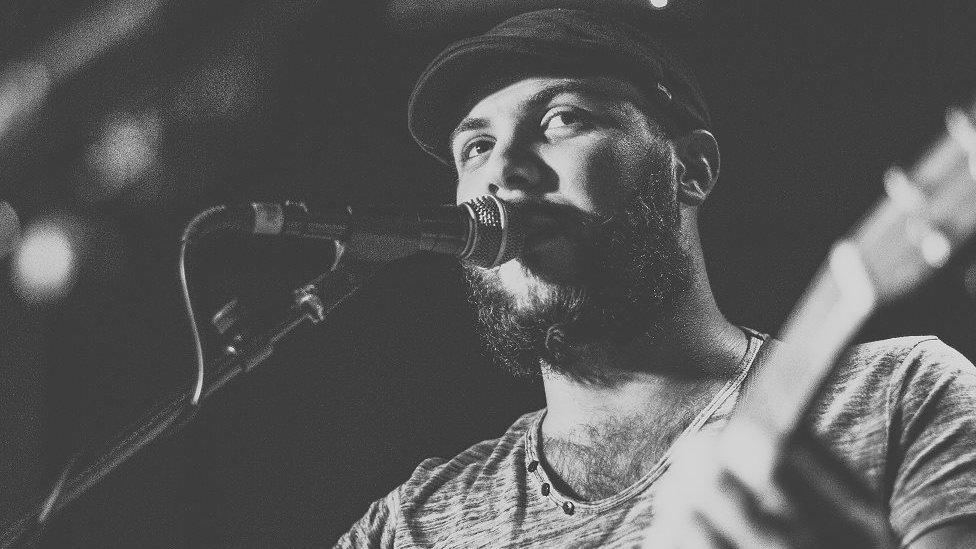
Dave Giles said YouTube could promote its subscription service more
"It was interesting that when Taylor Swift took her songs off Spotify, she kept them on YouTube," he told the BBC.
"If it wasn't really helping her career, surely she should have taken them off there as well.
"Spotify might be paying more per stream than YouTube, but they have more subscribers. There's an argument that YouTube should be doing more to push its subscription model, but they are still rolling it out.
"It's still more than artists get on Facebook. Where's Mr Azoff's email about that? Why is YouTube facing the rap and Facebook not?"
- Published26 April 2016

- Published28 October 2015
